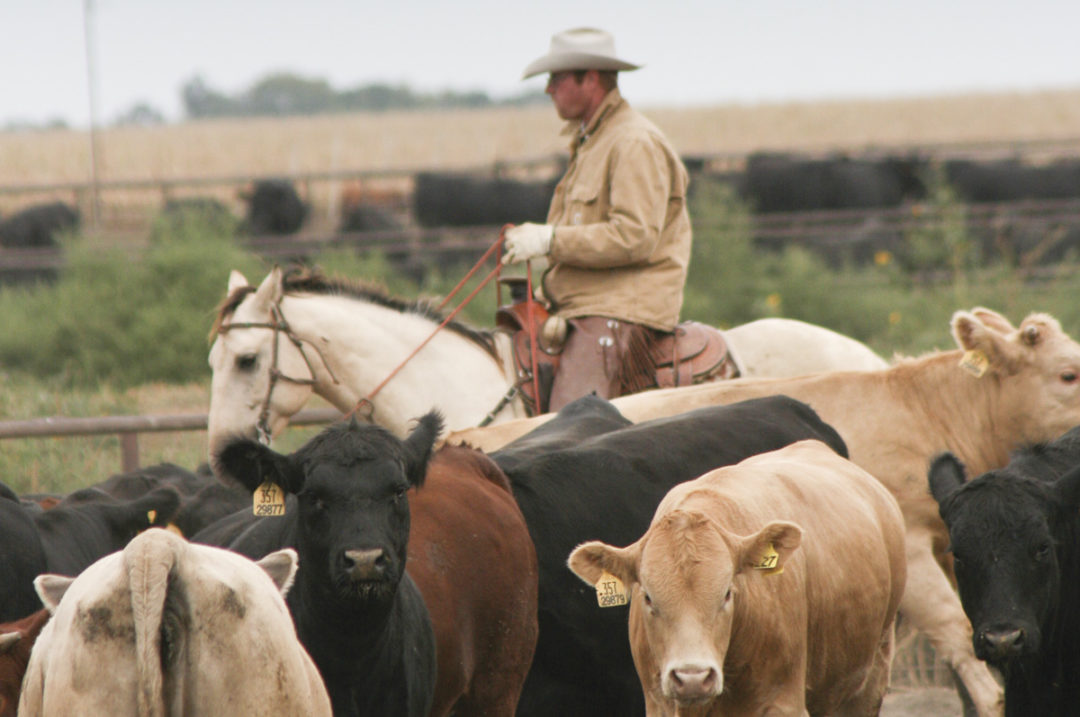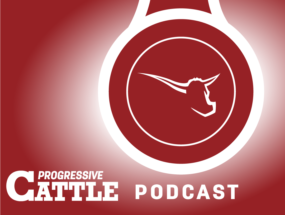Walmart announced on Aug. 31 that it had signed an agreement to acquire a minority stake in Sustainable Beef LLC, a rancher-owned company based in North Platte, Nebraska. Walmart’s equity investment is part of a broader strategic partnership to source high-quality Angus beef from Sustainable Beef’s new beef processing facility. As part of the investment, Walmart will also have representation on Sustainable Beef’s board.
Sustainable Beef’s processing facility in North Platte is expected to open by late 2024, creating more than 800 new jobs. The facility is expected to process 400,000 head per year (about 1,500 head per day), 100,000 of which will be cows. The plant will employ some 875 workers and is expected to generate another 1,000 jobs in supporting businesses.
In a press release, Walmart said its investment in Sustainable Beef is the latest step in the retailer’s commitment to increase access to high-quality beef at an affordable price for its customers, while boosting capacity for the beef industry and ensuring long-term economic viability for cattle ranchers.
Court grants ag coalition intervention in wolf lawsuit
On Aug. 24, the U.S. Court of Appeals for the 9th Circuit decided to allow a coalition that includes the National Cattlemen’s Beef Association (NCBA) and Public Lands Council (PLC) to intervene in the case Defenders of Wildlife v. U.S. Fish and Wildlife Service and defend the previous administration’s delisting of the gray wolf.
“Livestock producers are directly impacted by the species management decisions made by the U.S. Fish and Wildlife Service, especially when it comes to species with significant federal footprints,” said Kaitlynn Glover, executive director of PLC and NCBA natural resources. “The decision to allow the coalition to intervene in this case demonstrates what we have known all along: livestock producers deserve to have their voice heard on delisting the gray wolf. We look forward to engaging in this case to defend the delisting of a species that has so clearly recovered.”
In the decision, the Court of Appeals wrote, “The district court abused its discretion by denying permissive intervention.” With intervention granted, the coalition now looks to be full participants in the case defending the gray wolf delisting.
Beef markets continue to hold
The global beef market remains strong, according to the latest beef report by Rabobank. Beef retail prices in most locales continued their upward trend or remained steady in the second quarter of 2022; most were between 5% and 11% higher than the same period in 2021.
While consumer confidence appears to be declining in the face of slowing economies and rising inflation, beef markets are typically resilient to changes in economic conditions. “However,” says Angus Gidley-Baird, senior analyst for animal protein with Rabobank, “we see movement within supply channels and price points that tend to favor cheaper options, such as ground beef and quick-service restaurants, over more expensive cuts and consumption channels.”
Beef prices enjoyed record highs over the past year, thanks in large part to global beef supplies and strong consumer demand. Cattle markets, meanwhile, remain favorable worldwide. Among the major beef-producing and beef-exporting countries, growth is expected to see a slight rise through the end of 2022, as higher production in the U.S. and Brazil dominate the market.
Details announced for 2022 Census of Agriculture
The USDA will mail the 2022 Census of Agriculture to millions of agriculture producers across the 50 states and Puerto Rico this fall.
The 2022 Census of Agriculture will be mailed in phases, beginning with an invitation to respond online in November. Paper questionnaires will follow in December. Farm operations of all sizes, urban and rural, that produced and sold, or normally would have sold, $1,000 or more of agricultural product in 2022 are included in the ag census.
Conducted every five years by USDA’s National Agricultural Statistics Service (NASS), the Census of Agriculture gathers data on land use and ownership, producer characteristics, production practices, income and expenditures, among other topics. Changes to the 2022 questionnaire include new questions about the use of precision agriculture, hemp production, hair sheep and updates to internet access.
To learn more about the Census of Agriculture, visit nass.usda.gov/AgCensus.







